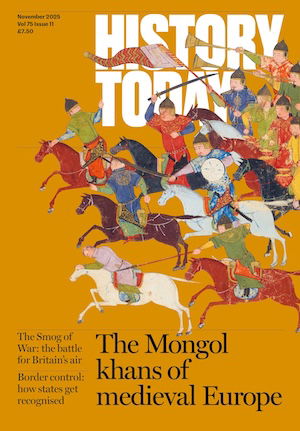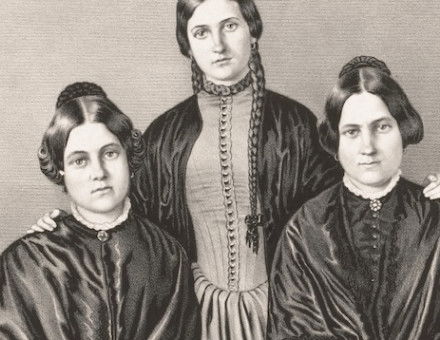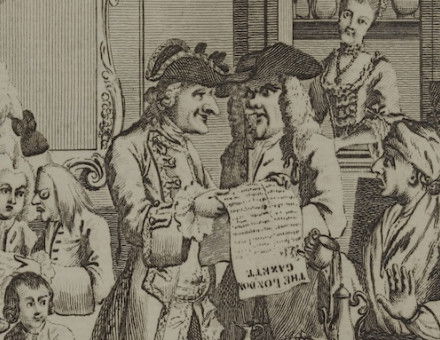Historians Reconsidered: Tacitus
A great historian of an age he disliked, Harold Mattingly shows how Tacitus has given posterity an incomparable picture of the early Roman Empire.
One of the great attractions of ancient history — and one of its greatest vexations — is the fact that, since relatively so little is known, one can ask far more questions than one can answer. When knowledge does advance and the circumference of our little patch of light grows, with it grows the area of the encircling unknown. So it is with our knowledge of Tacitus. We know his name, of course — Cornelius Tacitus, with praenomen Publius (P.) — though Gaius (C.) is occasionally given in late references. His father was probably that procurator of Belgica (North Gaul) of whom Pliny the Elder speaks. A procurator was a financial officer employed by the Emperor; and, as Tacitus tells us, such offices represented a sort of aristocracy in the equestrian order. Further back, the family may have descended from a client of the Cornelian “gens”; for “Tacitus” is not one of the old names associated with that “gens,” and clients commonly took the gentile name of their patrons. If this is true, as it might be, Tacitus’s own contempt for freedmen takes on a rather comic aspect. Where was he born? He has been claimed for Interamna in Umbria, but for no good reason.





